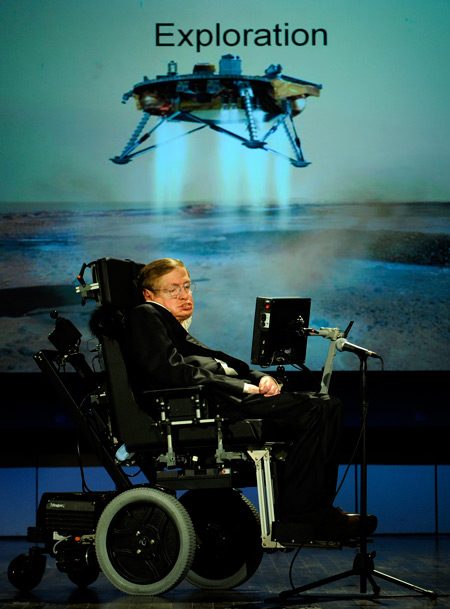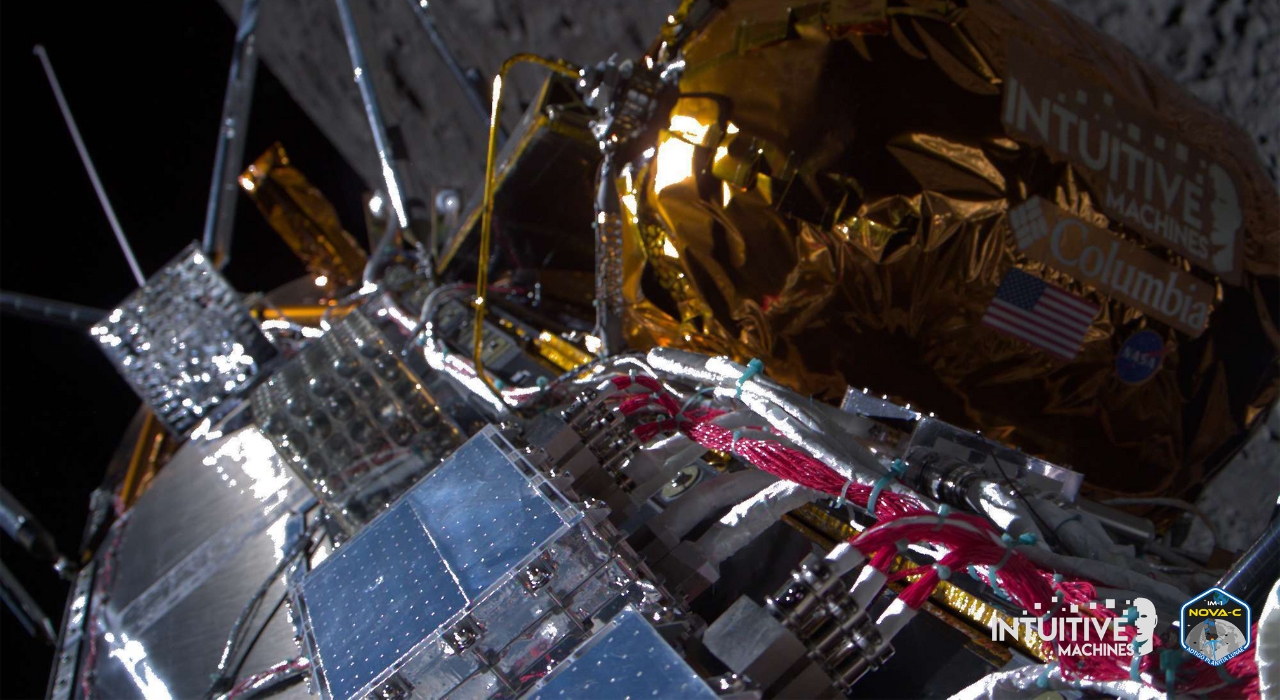Imagine a muscle cramp. It starts small and grows into a fire, coursing through your leg, your arm, your neck, disappearing in 30 seconds.
Imagine that fire engulfing your body for 55 years.
Imagine that pain, that disease stealing your mobility, your voice, your ability to breathe.

Stephen Hawking changed the way we view the universe, even after he was diagnosed with ALS. |
Now imagine the strength of will necessary to overcome that disease, to let your genius shine into the world and change how we perceive the universe.
Stephen Hawking never allowed his disease to define him. Amyotrophic lateral sclerosis took many things from him, but it didn’t take his mind.
Instead, Hawking proved to be one of the most influential physicists since Albert Einstein. What did Hawking discover?
This week, Hawking’s ashes will be interred at Westminster Abbey, nearly three months after he died March 14. As his ashes are placed near Sir Isaac Newton, Charles Darwin and Ernest Rutherford, let’s look back and celebrate Hawking’s remarkable life.
Why Hawking matters
1) He invented black holes*
*He did not actually invent black holes.
What Hawking did was increase our understanding of what a black hole is. Through his mathematical theorems, Hawking was able to “prove” exceptions in Einstein’s theories of gravity. His work showed that there were points in the universe where those gravitational theories broke down. Black holes formed some of these “singularities.”
Hawking’s interest didn’t stop there. He also theorized about the laws of thermodynamics. Before him, the main concept in physics was that black holes radiated no energy and thus, could not have entropy. Hawking’s mathematical concepts proved a black hole can emit radiation at the quantum level. This radiation is now called Hawking radiation.
2) He authored many books, including the bestseller A Brief History of Time
Hawking wrote his New York Times bestseller in 1988 and has sold more than 10 million copies in 30 years. In it, Hawking brings some very heavy concepts in physics and puts them in non-technical terms.
In it, he describes things like general relativity, the Big Bang, quarks and ideas about space and time in ways easily grasped by the public. Some of the questions Hawking posed in the tome include: How did the universe begin—and what made its start possible? Does time always flow forward? Is the universe unending—or are there boundaries? Are there other dimensions in space? What will happen when it all ends?
3) He never won a Nobel Prize
Because Hawking’s work was mainly done in theoretical fields like mathematics and quantum physics, his theories cannot be proven by a third party. There have been scientists with groundbreaking theories who won, but only after their theories were proven by subsequent experiments.
As late as 2015, Hawking was quoted at Stockholm University as saying, “if some researcher would find a black hole, I will get a Nobel Prize.”
4) He changed how we view the universe
In A Brief History of Time, Hawking lays out his career objectives, “My goal is simple. It is complete understanding of the universe, why it is as it is and why it exists at all.”
Hawking may not have gotten there by the end of his life, but he certainly advanced all of humanity’s understanding by leaps and bounds.
But one of the things Hawking did most effectively was synthesizing theories of quantum mechanics into general relativity. Combining the two left the entire world closer to a “theory of everything.”
Making his genius more incredible, Hawking achieved most of his feats after being diagnosed with ameotrophic lateral sclerosis (ALS) in 1963. Stephen Hawking died March 14 at the age of 78.







